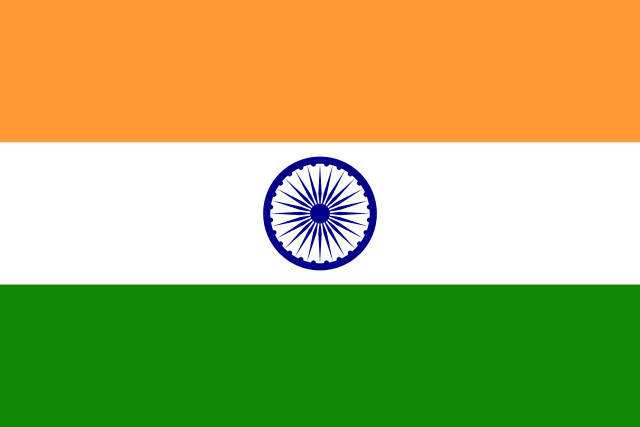A New York-based Indian civil rights activist questions Prime Minister Narendra Modi’s “deafening silence on activist assassinations” in an op-ed for Al Jazeera America.
Modi has remained silent about the recent spate of assassinations, attacks and threats from an umbrella of far-right forces, including Sanatana Prabhat, Bajrang Dal, Abhinav Bharat and other paramilitary groups implicated in organized massacres or terrorist bombings. Attacks against Christians and Muslims have increased. Violence against Dalits [untouchables] and women is also on the rise, stoked by a political culture of cruel disregard for the marginalized. This alarming current of far-right fundamentalism has crept into India’s cultural and political spheres more quickly and dangerously than even its critics had feared.
[…]
These religious-right forces have been glorifying Nathuram Godse, Mohandas Gandhi’s killer and an RSS member, and even plan to build a temple in Godse’s name. If allowed to go unchallenged, this hateful ideology — manifested in assassinations, the desecration of churches and the intimidation of secular activists and minorities — will shatter the dream of a free, pluralistic and democratic India.
It is, of course, not terribly surprising that this non-response would come from the administration of Prime Minister Modi, whose international claim to fame before taking the helm of India’s government last year was his alleged role in genocidal incitement against Muslims during the February 2002 riots in the state of Gujarat, when he was Chief Minister there. Although investigations in India have never officially tied him to causing the fatal mass violence that followed, he certainly didn’t do much to prevent or stop it. His ruling BJP has long stoked tensions against non-Hindus (and neighboring Pakistan) to drive its voter turnout, although that was not the main factor in their decisive 2014 victory over the corrupt and incompetent Congress Party.



